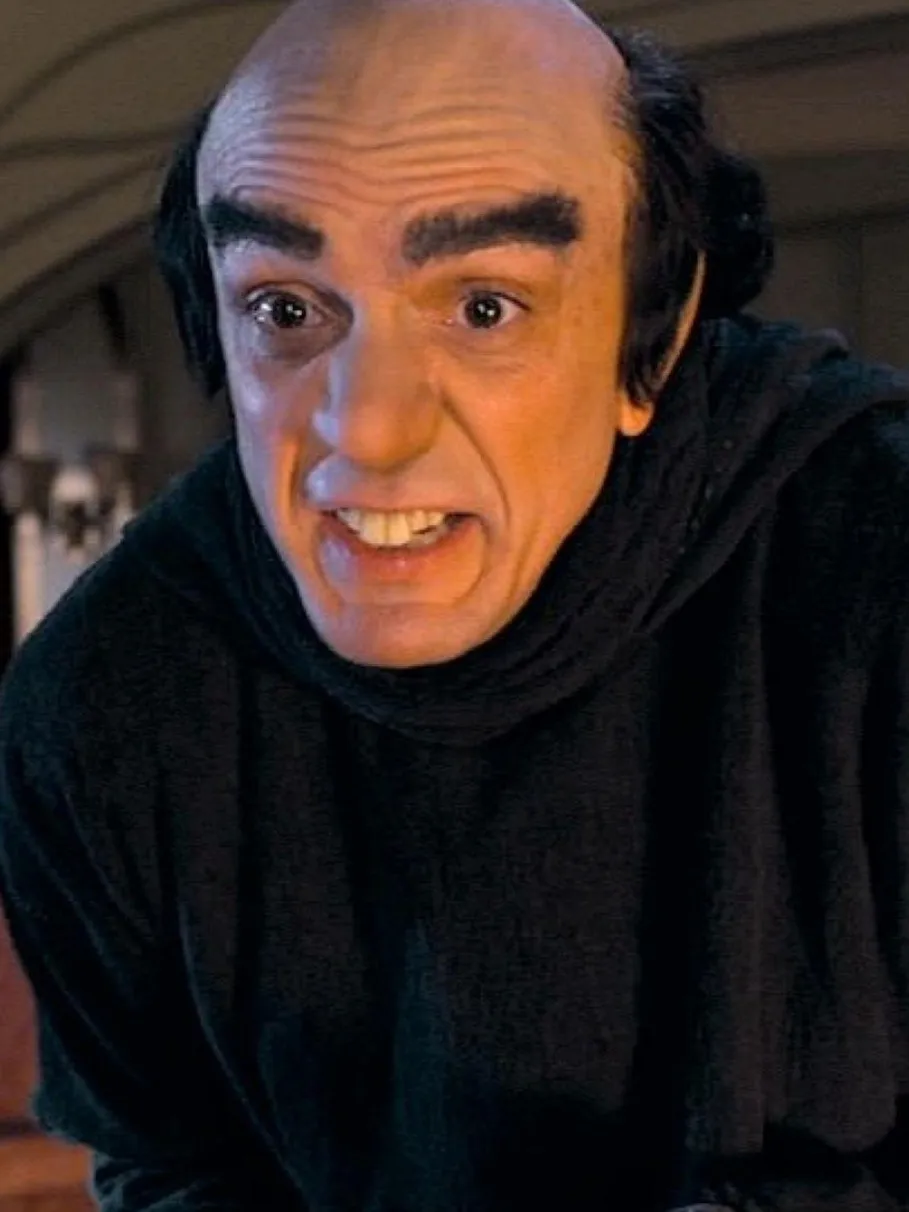Ode to My Father (2014) – A Heartfelt Journey Through Love, Loss, and History
- Director: Yoon Je-kyoon
- Starring: Hwang Jung-min, Kim Yun-jin, Oh Dal-soo
- Genre: Drama, War, Family
- Running Time: 126 minutes
- Box Office: Over 14 million tickets sold, making it one of the highest-grossing Korean films of all time
Plot Summary:
Ode to My Father tells the poignant story of Deok-soo, a man who witnesses and endures the tragic events of Korea's history, from the Korean War to the struggles of post-war recovery. The film follows his personal journey, which intertwines with the history of a nation at war, and explores the sacrifices and resilience of a family bound by love and duty.
The film opens in 1950 during the Korean War, when Deok-soo (played by Hwang Jung-min) and his family are caught in the midst of the chaos of the Hungnam Evacuation. Amid the turmoil, Deok-soo is tragically separated from his younger sister, Mak-soon, and promises to find her one day. With their father staying behind to search for her, Deok-soo is forced to lead his family, taking his mother and younger siblings to safety in Busan.
As the years pass, Deok-soo grows up under difficult circumstances, constantly struggling to provide for his family. He works various jobs, and in the 1960s, he makes the brave decision to travel to Germany to work in coal mines, hoping to earn enough money for his younger brother's education.

In Germany, Deok-soo meets Yeong-ja (played by Kim Yun-jin), a fellow Korean expatriate, and the two develop a bond that eventually leads to marriage. However, his return to Korea is marked by personal loss and the weight of unfinished dreams. As a soldier in the 1970s, he is sent to Vietnam, where the horrors of war test his resolve and sense of purpose.
The film takes an emotional turn as Deok-soo continues his search for his lost sister, now an adult. The touching climax comes when a national television show seeks to reunite families separated during the war, and Deok-soo, who has spent decades searching, finally learns the truth about his sister's fate.
Key Themes and Highlights:
🔥 A Journey of Sacrifice and Resilience: Deok-soo’s life is a testament to the endurance of the human spirit. His story is about unwavering commitment to family, sacrifice for loved ones, and a lifetime spent carrying the weight of a promise made during wartime.
🧡 Family and Love: At its core, Ode to My Father is a moving exploration of the lengths one man will go to for the sake of his family. Deok-soo’s devotion to his mother, siblings, and his own children speaks to universal themes of love and responsibility.
🌍 Historical Context: The film also serves as a reflection of the turbulent history of South Korea, particularly the struggles faced by those who lived through the Korean War, the aftermath of the Hungnam Evacuation, and the challenges of post-war reconstruction.
🎬 Emotional Storytelling: The storytelling is deeply emotional, connecting the personal story of one family to the broader historical narrative of Korea. The film doesn't shy away from depicting the pain, hardship, and triumph that came with the country’s recovery, and it leaves an indelible mark on the viewer.
🎭 Stellar Performances: Hwang Jung-min’s portrayal of Deok-soo is one of his most acclaimed performances, capturing the heartache, strength, and determination of his character. Kim Yun-jin’s performance as Yeong-ja brings warmth and compassion to the film, and the supporting cast delivers strong performances that complement the emotional weight of the story.
Critical Reception:
Ode to My Father received widespread acclaim for its powerful portrayal of Korea’s history through the lens of a single family. The film resonates deeply with audiences due to its raw emotional depth, historical significance, and the universal themes of love, sacrifice, and family.
Critics praised the film’s ability to balance large-scale historical events with intimate family drama, making it both a personal and national journey. The storytelling, combined with the film’s strong performances, earned it numerous awards and nominations in South Korea. Its massive success at the box office also demonstrates the deep connection it made with viewers, as it became one of the most-watched films in Korean cinema history.

Why Ode to My Father Stands Out:
- Emotional Depth: The film doesn’t just recount historical events; it immerses the viewer in the emotional landscape of a family trying to survive through years of war, migration, and personal loss.
- Universal Themes: Though rooted in Korean history, the themes of sacrifice, love, and perseverance are universally relatable, making the film resonate with international audiences.
- Historical Significance: The film provides a unique perspective on the effects of the Korean War and the personal cost of national conflict, offering insight into the struggles of South Korean citizens during a pivotal moment in the country’s history.
- Stunning Performances: The cast delivers remarkable performances that bring the characters' stories to life in a truly heartfelt way. Hwang Jung-min’s portrayal of a man carrying the weight of his past and the future of his family is unforgettable.
Conclusion:
Ode to My Father is an emotionally charged and historically rich film that explores the struggles of a family during a time of war, separation, and recovery. With its deep emotional storytelling, poignant performances, and exploration of universal themes of love and sacrifice, the film touches the heart of anyone who has ever experienced loss, love, or the desire to make a difference in the lives of those they hold dear.
This is a story about endurance and survival, about the bonds that tie us together, and about a man’s lifelong devotion to his family. Ode to My Father is a truly unforgettable cinematic experience that highlights both the personal and national histories of South Korea, making it a must-see for lovers of heartfelt drama and historical narratives.
-1739849479-q80.webp)

-1740101366-q80.webp)

-1742265035-q80.webp)
